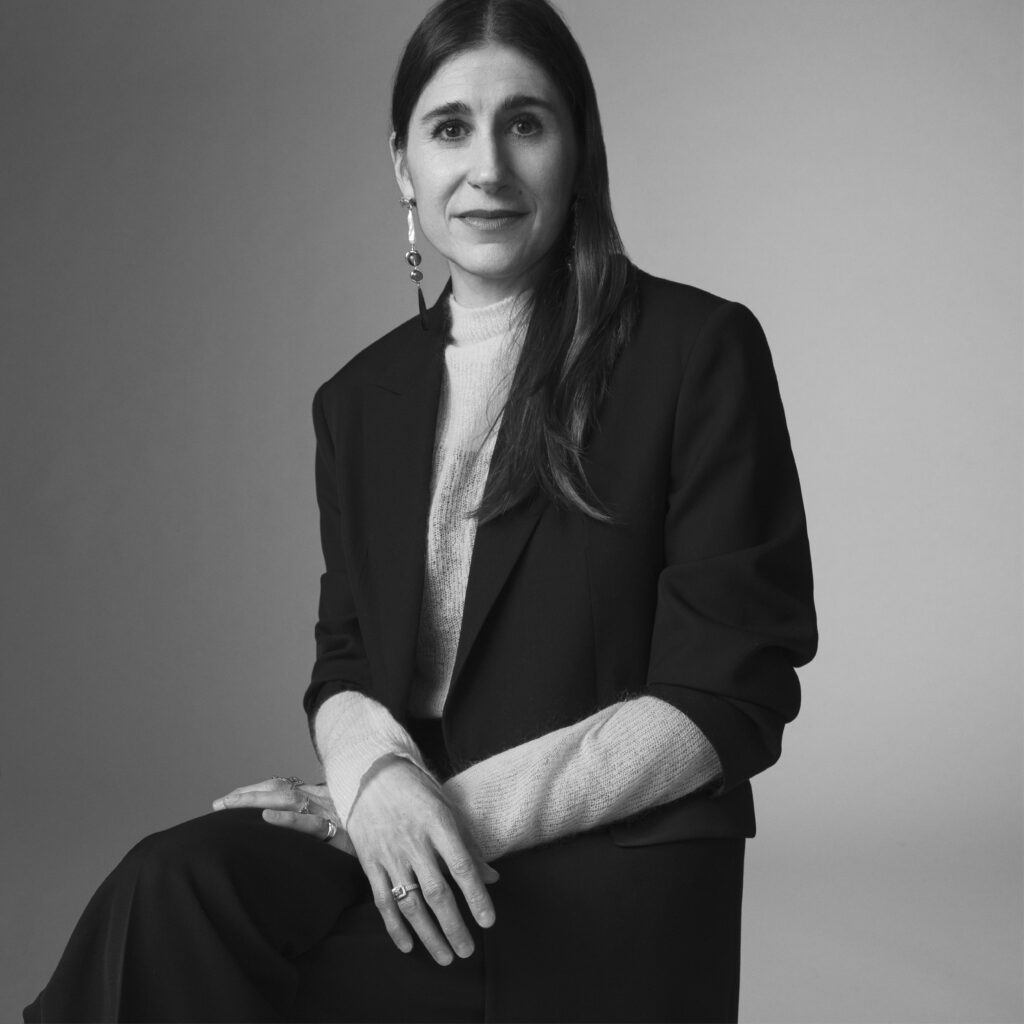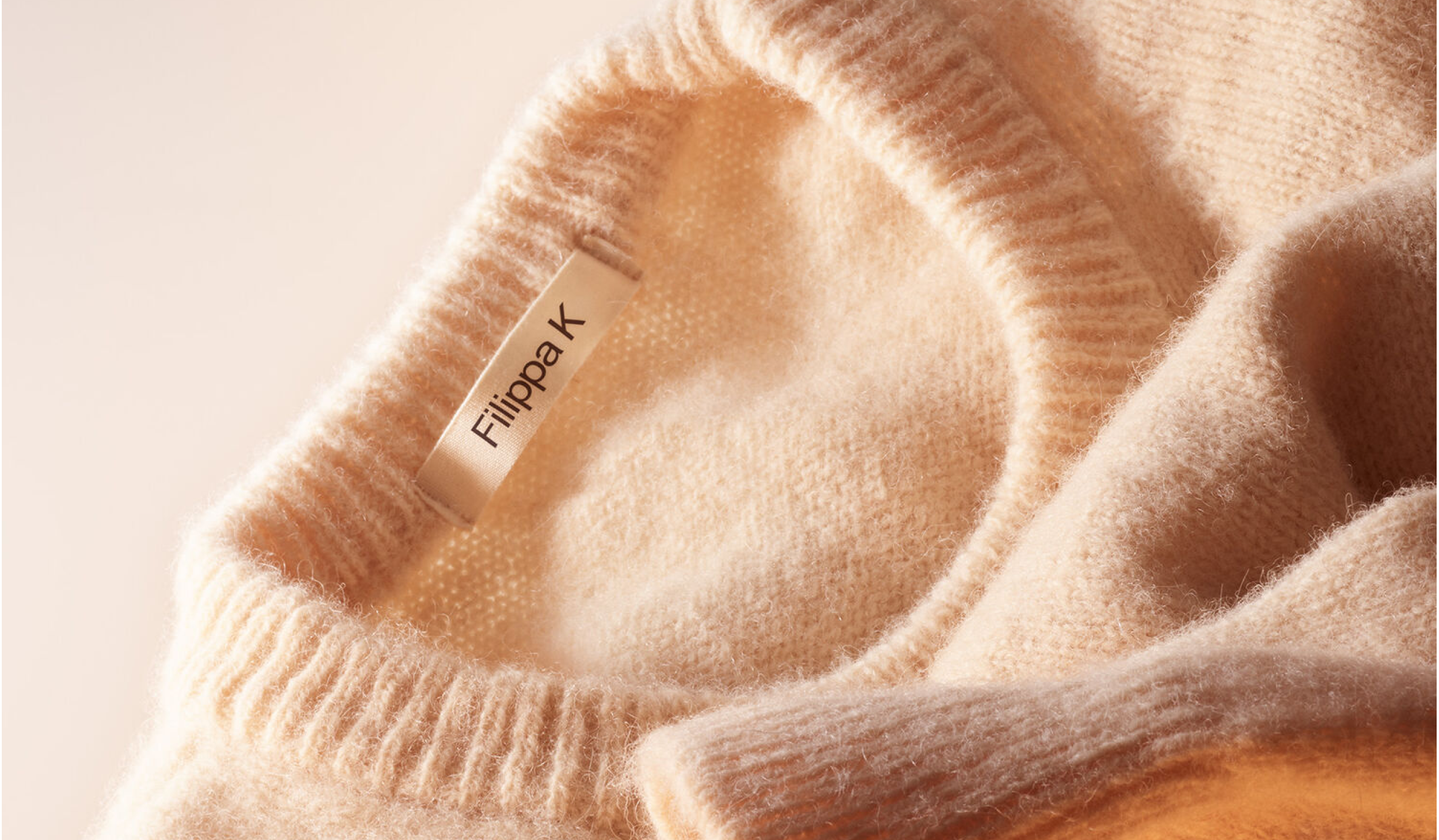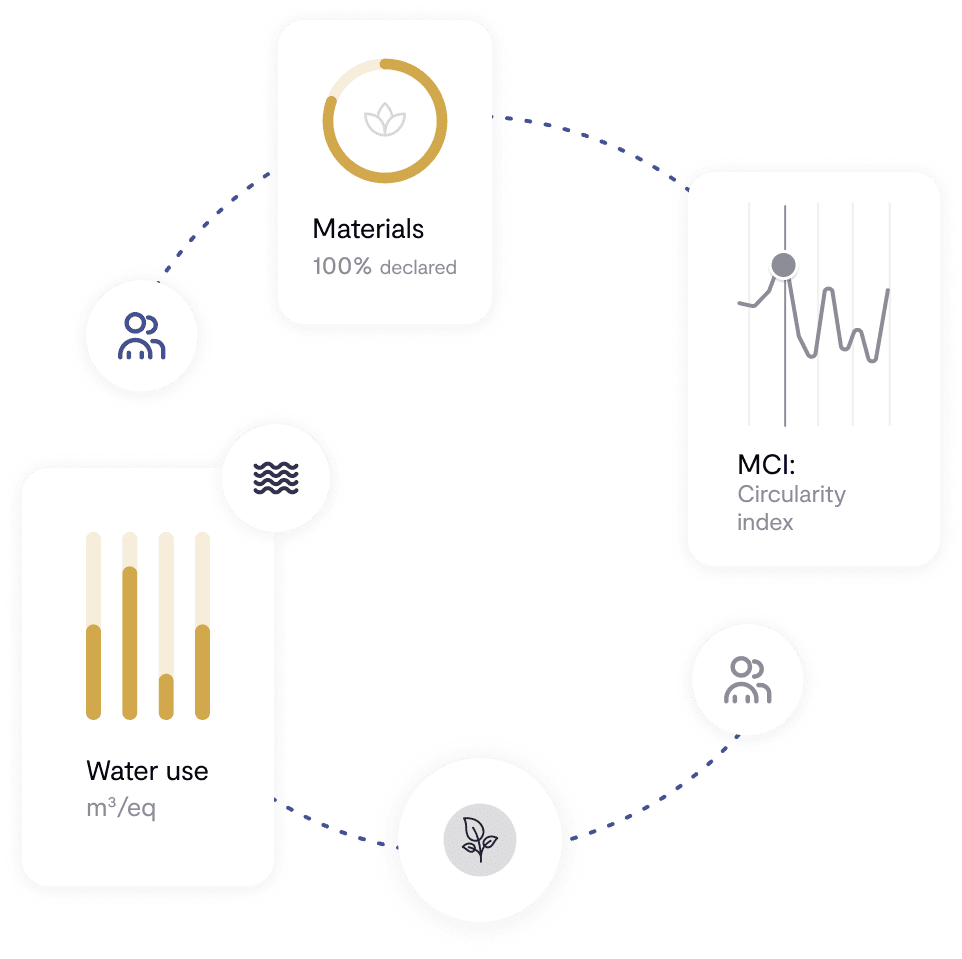Circularity is an ambitious goal and arduous work. You cannot buy your way into sustainability, or into a better world. Successfully shifting to a circular business model means redefining an organization’s leadership to align with social, environmental, and economic principles. It means creating communities of systemic thinkers with people at all levels of industry, inside and outside organizations, and in all types of sectors across the globe.
Circularity has created a new kind of leadership which puts ethical behaviour above the unrestrained pursuit of profit
As leaders of an industry in transition, circular thinkers are bold, motivating, transformative, and put sustainable principles – designing out waste, keeping materials in use and regenerating natural systems – at the heart of their businesses. The goal is to decouple profitability from resource consumption and continue to generate revenue without doing so at the expense of our planet.
Circularity has created a new kind of leadership which puts ethical behaviour above the unrestrained pursuit of profit. Taking responsibility for impacts, whether positive or negative, is of paramount importance. Investment in knowledge of current systems, processes and methods can inspire people to open to new ways of working and empower partnerships. Organizations may become less focused on the number of products produced and more concerned with what those products are produced with, offering long term benefits for both business and society.
Filippa K is a modern Swedish fashion house founded by Filippa Knutsson in 1993, with a circularity strategy in place since 2014. The company leads with an integrated approach centred around design for longevity, mindful consumption and three sustainability pillars: circularity, traceability, and impact reduction.
“Leadership in circularity means looking at the big picture, and building a strong network of innovators, academics, other brands, tech platforms and start-ups to foster collaboration, says Jodi Everding, Fabric and Sustainability Director at Filippa K. … it is also important to not treat it as a competitive advantage but to realize that change will only come if we bring others with us—to have scale but also to share knowledge and learnings.”
Circularity may begin or accelerate with new leadership. Filippa K CEO, Rikard Frost, has been in place at the brand since spring of 2021 and it was noticeably clear from the start that he understood how crucial it was for the brand not to rest on their past sustainability initiatives but to keep pushing forward. By prioritizing scalable, transformative actions and collaborating with key partners (research/academia, supply chain, peer brands, start-ups, etc), Filippa K can start to change not only how they are working but motivate others to join us and create real change in the industry. For example, since Rikard started, the brand measured first scope 1, 2, and 3 carbon impacts to set a baseline and get an understanding of how to prioritize change within and outside the organization.
Once you put on these “circular glasses” you cannot help but see all of the potential around you!
As information continues to evolve around sustainability and circularity, leaders become learners illuminating the path forward. Everding states, “once I had a grasp on how circularity worked and the principles at play, it was like I put on a pair of glasses that allowed me to see all the possibilities around me. I started questioning where things come from, how and why we design and manufacture things the way we do, but also started seeing all the “stuff” in this world as potential loops for reuse/remanufacture/recycling. I feel like once you put on these “circular glasses” you cannot help but see all of the potential around you!”
Liisa Kessler, the brand’s new Creative Director, comes most recently from Saint Laurent. She believes in starting the creative process with sustainability in mind, both in the design and selection of materials. Beginning with phasing out higher impact materials and initiating a “restricted materials list” to make it apparent which materials the brand will not use. Kessler is also very keen to push creative circular initiatives within the seasonal collections where designers acquire the ‘know how’ to implement circularity in their design process. She inspires Filippa K designers to create new products using textile waste or old garments and allows them the creative space to think about ways to use scraps or production waste, and to begin to tamp down the use of virgin materials. A future strategy includes some circular-designed products in all collections.
Filippa K chose to partner with the experts at BCome to help them build reliable and measurable data
Filippa K is a small brand with big goals that knows it cannot achieve circularity on its own, especially when it comes to measuring the environmental impacts of their products. Although the brand has laid some groundwork in terms of tracing their supply chain and undertaking LCAs (Life Cycle Assessment) of their biggest materials, they chose to partner with the experts at BCome to help them build reliable and measurable data from raw material use to distribution impacts in their value chain, while tracking progress and success.
By collaborating with BCome, Filippa K can also share their findings with consumers for two reasons. The first is to help them make more sustainable choices by understanding the impacts of the products they buy, and the second is to hold themselves accountable by sharing the impacts of their products and tracking progress each year to reduce these impacts.
If your brand is aiming for circularity, BCome will help you find the answers you need to understand the performance of your products and create a roadmap toward circular leadership.

Jodi Everding is the Fabric & Sustainability Director at Filippa K., Stockholm, Sweden.






